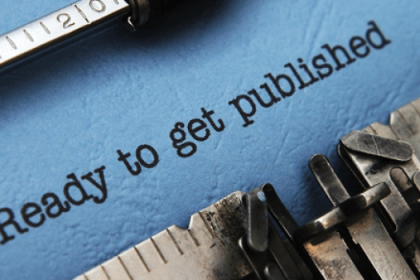
Inexperienced novelists are often confused about the steps that follow after the first draft is finished. Novelists who plan to go the traditional publishing route need to revise and re-edit their work before finding an agent. In this process the output should also be free of the common mistakes made by first-time novelists. Otherwise the novel will not be selected by a discerning agent. If the self-publishing route is chosen, then review and revision is still necessary, and finding an editor to review the work is recommended.
Getting to the First Draft
Often the first draft is in a clearly unfinished state that was intended to be revised afterwards. This is because writing is a hard task, and the writer needs to write something before improving it. However, some writers do not realize the first draft is the start of a new stage in the writing process. If you are at this stage then this discussion is for you.
Become an Objective Reviewer by Taking a Time-Out
Create some space and separation from your output, so you can look at your draft objectively. Let some time pass. Ways to create some space include printing a hard copy of the novel and reading it through an e-reader after converting it to an .epub or .mobi file. The draft can also be listened to by reading it aloud or having someone else read it aloud and recording it.
Editing and Rewriting the First Draft
Consider the novel as a whole, and ask yourself whether the themes and sub-themes work. Is the novel economically written, or does the content need pruning? Keep in mind that beautiful or flowery prose can overwhelm the content.
Are the characters relatable or plausible? Is the plot riddled with holes or missing some vital parts? Did you forget to tie up loose ends? Are the descriptions just right or excessive? Is the pacing right? Consider such thematic issues.
Then review the technicalities of the writing. How are the grammar, spelling, and punctuation? Do sentences flow well? Do the paragraphs support the narrative flow? If you are unsure about the technicalities then you should read a book about the technical aspects of writing, take a writing course online or at a college, or join a writers group or workshop.
Get Some Feedback
Get feedback after reviewing and self-editing the work repeatedly until it seems complete. The process of immersion eventually obstructs objectivity. Make time for this stage. It can lead to more revisions.
The writing, review, and revision process is a learning curve. Your novel should be ready for submission after this stage is completed to your best ability.



